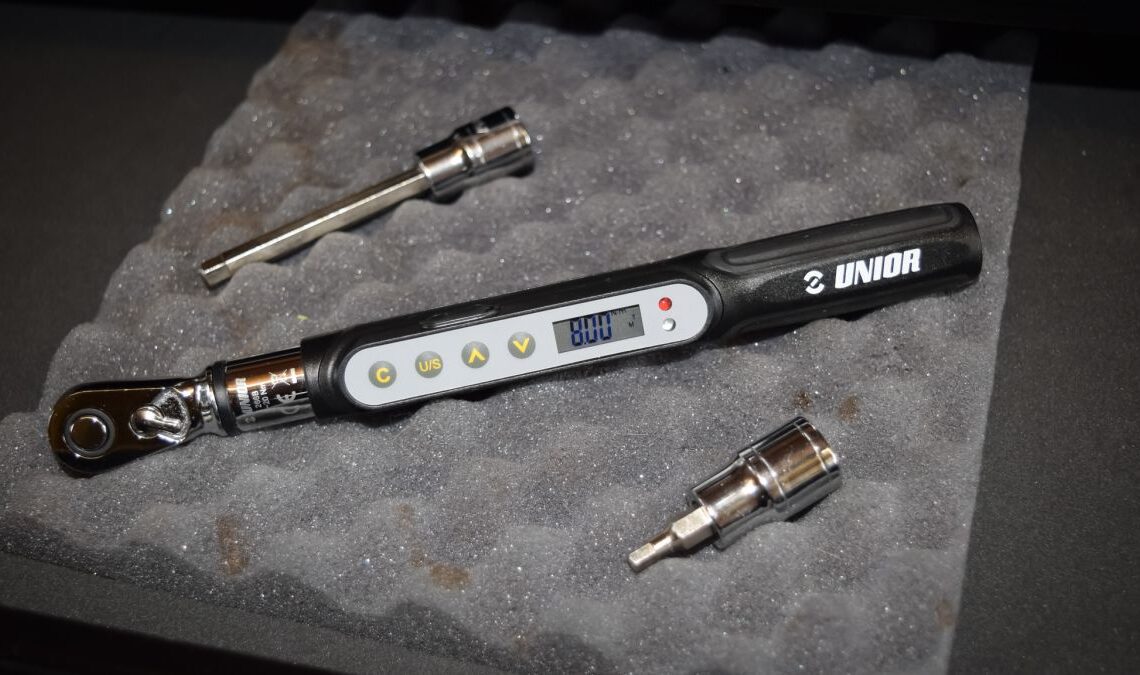[the_ad id="5357"]
[ad_1]
We hear about torque quite a lot in the cycling world these days. Bike mechanics will use torque wrenches daily to tighten bolts to spec. Before going any further ‘torquing to spec’ refers to tightening any fastener to the torque rating – or ‘specification’ – set by the manufacturer. Home mechanics are encouraged to purchase one of the best bike torque wrenches to help look after their equipment properly and minimise the chance of damage. Some of the best road bikes now even come with a torque wrench included to help owners hopefully get things right out of the box.
As a qualified mechanic, I have spent years torquing fasteners (a fastener is used to hold objects together, on a bike these will usually be threaded, with the thread used to secure components to one another i.e a screw or bolt) on bike components to spec and looking up and learning component torque ratings to ensure customers’ bikes were maintained to spec and to minimise the risk of damage. Every day is a school day, as the saying goes, and I have always been interested in how things are done in other industries compared to the bike world when it comes to torque and torque wrenches. To that end, I’ve spoken with two professional bike mechanics, an aircraft technician and an automotive mechanic to see how things are done in their industries, in order to create an interesting comparison on working with torque. I had a few preconceived ideas that I wanted to ask them about, as well as questions the mechanic in me just wanted to know out of sheer curiosity.
One of these hunches is that even though torquing fasteners on bike components is widely regarded as good practice, it’s not seen as essential and therefore isn’t enforced as stringently compared to other sectors. This is possibly because bikes, in the overall scheme of things, are somehow seen as less serious when compared to cars or planes. The ramifications of a component failure on a bike, car or plane however can obviously all be catastrophic.
I will be pursuing some of these ideas in more depth in a future piece on torque where I will be speaking to several major torque wrench manufacturers to get a take directly from the horses’ mouths.
I spoke to Bahrain Victorious’s head mechanic and head of technical operations Filip Tisma, as well as Richard Steels from Detail Bike Tech, a pro mechanic who has worked…
Click Here to Read the Full Original Article at CyclingNews RSS Feed…
[ad_2]

